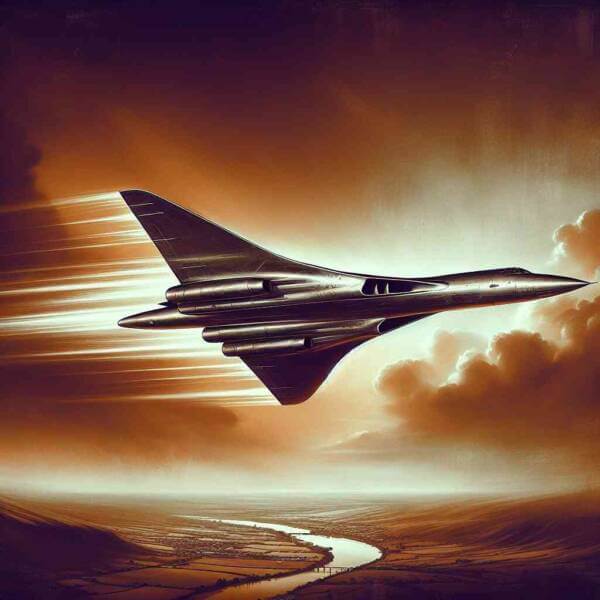Opportunities and Challenges in Military Aviation
Opportunities and Challenges in Military Aviation
Blog Article

The use of aircraft in military operations provides strategic advantages.
Nations invest heavily in military aviation to protect national interests.
The Evolution of Military Aviation
As technology advanced, airplanes were adapted for air-to-air battles, reshaping military strategies.
Key developments over time:
- Development of air combat tactics
- Creation of long-range bombers and jets
- Rapid development of jet technology
- Modern drone warfare
Each era brought more powerful aircraft that expanded aerial warfare.
Different Roles of Military Planes
Military aviation includes a variety of aircraft, each designed for different roles.
Major aircraft classifications:
- Planes built for speed and agility
- Planes that deliver heavy payloads
- Logistical support aircraft
- Reconnaissance and surveillance drones
Each type plays a vital role in military operations, from securing airspace.
Importance of Air Superiority
Controlling the skies gives forces the advantage.
Benefits of air superiority include:
- Reducing enemy effectiveness
- Targeting infrastructure and logistics
- Gathering critical intelligence
- Psychological impact on enemy forces
Nations with strong military aviation capabilities can shape outcomes.
Technological Innovations in Military Aviation
Constant research and development redefine capabilities for future warfare.
Recent innovations include:
- Aircraft designed to evade radar detection
- Hypersonic weapons
- Unmanned aircraft operating independently
- Directed energy weapons
These advancements enhance lethality for air forces worldwide.
Challenges in Military Aviation
Despite technological superiority, military aviation faces complex problems.
Major obstacles to overcome:
- Rising development and maintenance costs
- Need for constant upgrades
- Securing digital communications and data
- Ethical concerns with autonomous weapons
Addressing these challenges is necessary for effective defense strategies.
Future of Military Aviation
The future of military aviation promises radical innovations.
Future trends may include:
- Smarter decision-making systems
- Defending assets beyond Earth
- Eco-friendly military aircraft
- Enhanced multinational cooperation
The next era of military aviation will shape the future of global security.
The Enduring Power of Military Air Forces
Military aviation remains a decisive factor in global defense.
As technology continues check here to evolve, the skies will remain a frontline of innovation where military aviation shapes the world order.
The future of military aviation is limitless — and it’s only just beginning. Report this page